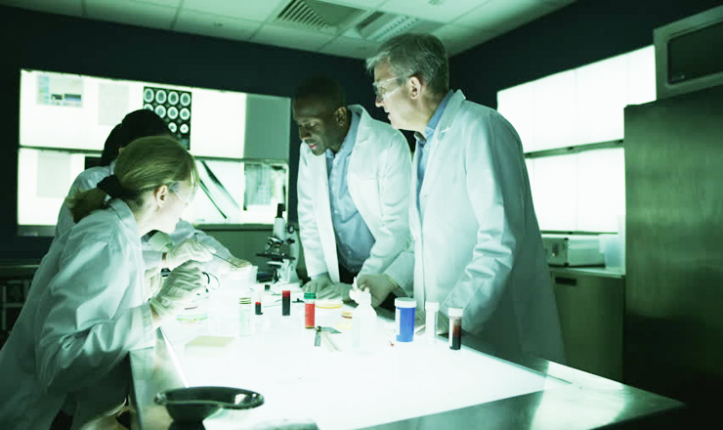A professional representative of forensic medicine, whose field of activity is collecting evidence, as well as conducting research that helps to understand the nuances of the crimes committed, to find the true perpetrators. Who is it? Forensic science is a specialty with which we want to introduce the reader in this material. We will analyze both the features of the specialist’s activities and the nuances of his training.
Who is it?
A medical examiner is a forensic medical expert. He is engaged in collecting evidence, conducting research that helps to "unravel" the criminal case, find the perpetrators of the crime. It is the forensic expert who draws up and signs the conclusions, which are sometimes fundamental in the trial.
The work of a forensic expert is the direct performance of the following duties:
- The autopsy of the bodies of the dead, dead people, the study of corpses in order to establish the true cause of their death.
- Carrying out the exhumation of already buried bodies in order to identify the errors of the initial investigation, to establish new (true) causes of death.
- Inspection of live victims in order to assess the severity of wounds and other injuries inflicted by the offender.
- A variety of examinations to identify the true circumstances of the commission of a crime. For example, evidence of rape. Or establishing the type of weapon used by the criminal.
- Conducting complex research in laboratories. These events allow you to determine the nuances and subtleties of the criminal case. This duty is most often entrusted only to employees with extensive experience, the highest medical category or candidate, doctoral degree.
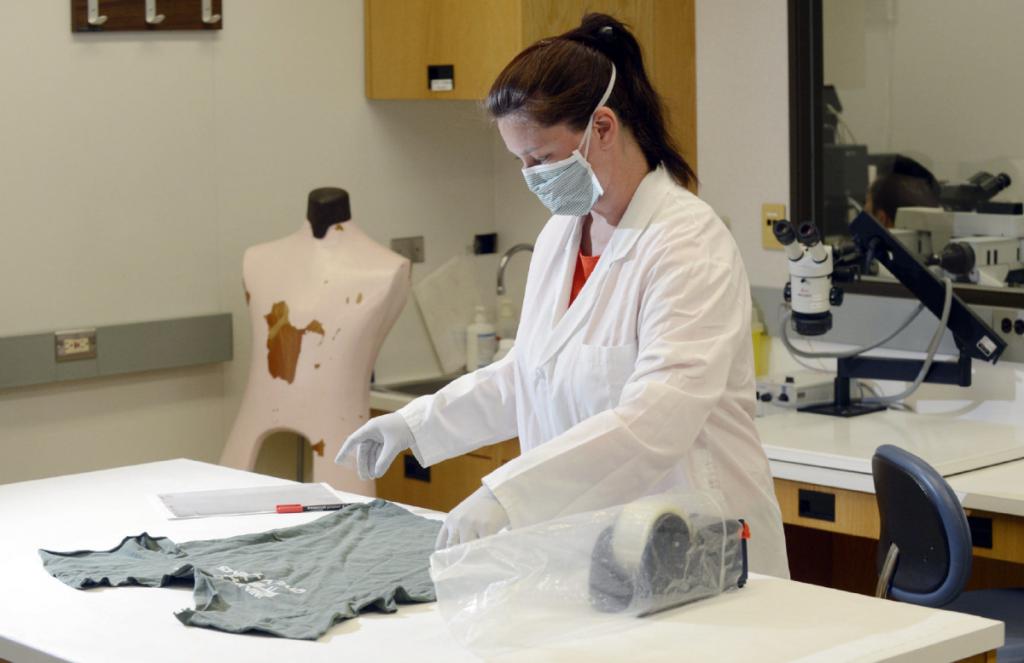
Medical examiner: review of professions
Having decided to enter a forensic expert, the applicant should be aware that, in addition to the main direction, it will be useful for him to receive additional education. Namely, the skills of conducting additional examinations, which today are more than a dozen. This kind of related education contributes to decent wages and fast career growth.
In addition, under the profession of "forensic expert" society understands a number of similar specialties, however, having their own characteristics:
- Forensic medical expert.
- Forensic psychologist.
- Forensic construction expert.
- Polygraph examiner.
Let's get acquainted with each of the directions in detail.
Forensic medical expert
A forensic scientist is a representative of forensic medicine that helps investigating authorities understand specific issues. In training such specialists, much attention is paid to such areas as biochemistry, bacteriology, hygiene.
Most often, the work of the forensic expert is to establish the cause of death and the murder weapon of the victim. Therefore, inspection, investigation of the corpse, and additional examinations are required.
The result of the specialist’s work is a death certificate. There, the forensic expert must answer in detail all the questions that the investigation asked him to work.
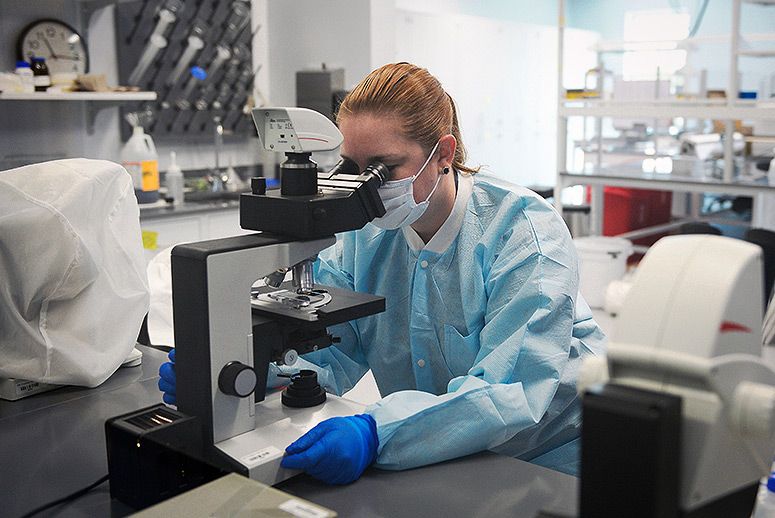
Forensic psychologist
We have provided a description of the profession of medical examiner. Now we describe a related interesting specialty - a forensic psychologist. The main direction of his activity is the study of psychological portraits of persons involved in a criminal case, conditions, emotional patterns and mechanisms that help the investigation. The specialist works with victims, suspects, accused, witnesses.
It is the forensic psychologist who determines whether the person is able to adequately respond to reality, correctly evaluate what is happening around, whether she was in a state of affect during the commission of the crime. The specialist confirms the presence or absence of mental illness in the offender, witness or victim.
Applicants with a diploma of higher education in the field of psychiatry or psychology try to take this position.
Polygraph examiner
A polygraph examiner is the same forensic expert, but only uses a special device in his work - a polygraph. "Popularly" he is known as a lie detector. A similar examination is appointed in cases where the truth cannot be determined by any other means, when the testimonies of the participants in the criminal case are too contradictory.
A polygraph examiner should not only be able to handle a lie detector, but also have sufficient knowledge about the psychophysiological reactions of a person. An experienced specialist is able to correctly decode the verbal and visual signals of the subject.
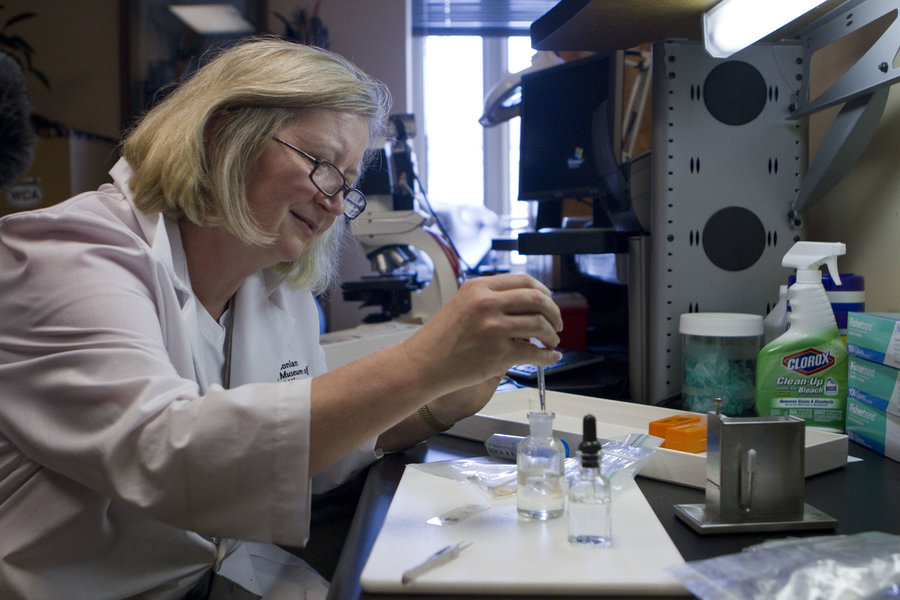
Forensic Construction Expert
This area of activity is quite new and so far little-known in Russia. But the beginner is gaining momentum. The representative of the profession is busy organizing processes that can build a full-fledged control of construction work.
In particular, the employee is competent to verify the authenticity of the licenses, permits, certificates. Establishes the reasons for malfunctions, untimely execution of projects. Collaborates with law enforcement agencies both at the investigation stage and during the direct trial.
Where to study as a medical examiner?
To work in this direction, first of all, you need a higher medical education. What do I need to take the forensic examiner profession? University representatives advise future applicants to pay attention to their training in Russian, chemistry and biology.
Specialized higher education at a medical university is only the beginning of training. The medical examiner chooses the direction of preparation already at the stage of senior courses. But that is not all. Then, an internship or residency in this specialty is required. Thus, in total preparation takes 7-8 years. Only after this can one begin to search for work, fulfillment of direct professional duties.
Where to study as a medical examiner? As a rule, training is conducted on the basis of medical universities. But one should not assume that 7-8 years of study is a deadline. The forensic expert is constantly developing professionally - this includes continuing education courses, retraining, and independent study of specialized literature, and mastering the skills of conducting additional examinations.
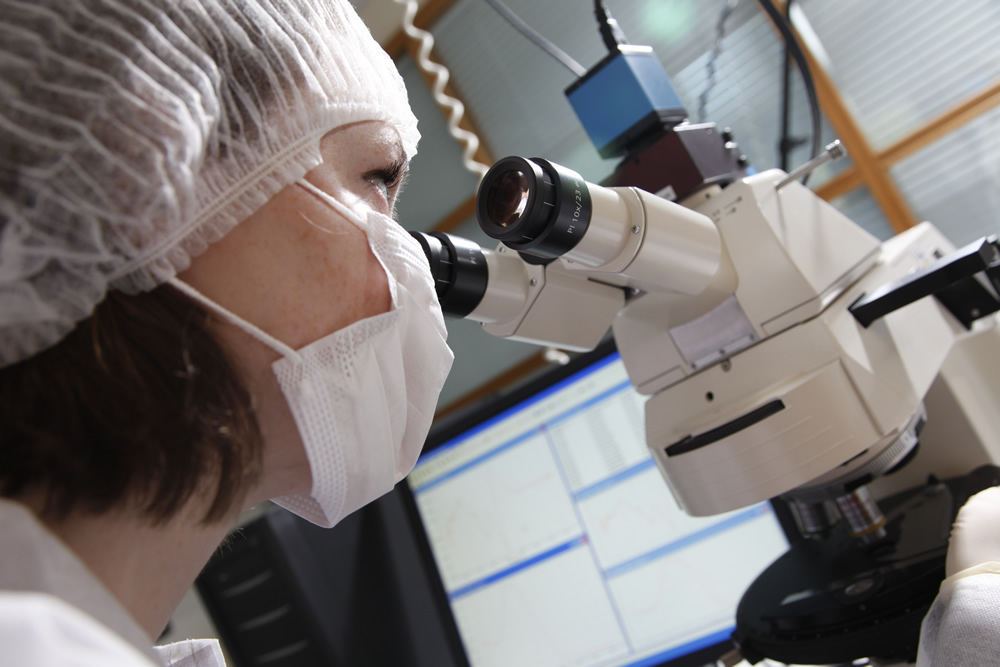
The "fallback" preparation
Where do they study the profession of medical examiner? If there is no such direction in the university of your city, or you did not pass the points, you can get any higher medical education. And then go through specialized retraining courses. But this choice is a "spare case", as it has its drawbacks:
- Your knowledge will be shallow. It will take several months or even years to retrain.
- The employer first of all will pay attention to the applicant with higher specialized education, rather than to the specialist who completed the courses. You will have to prove your qualifications, gain practical experience in order to become a worthy competitor.
Applicant Requirements
The main requirements for the applicant are as follows:
- Higher specialized medical education.
- Availability of a valid certificate in forensic medicine.
- Knowledge of the legal aspects of forensic research.
- Work experience is welcome.
The last paragraph includes the following:
- Carrying out forensic autopsies.
- Fence of biomaterial for laboratory examinations.
- Ability to work with equipment, reagents, tools.
- Knowledge of safety precautions, compliance with sanitary and epidemiological regimes.
- Experience in court hearings.
- Experience filling out medical records.
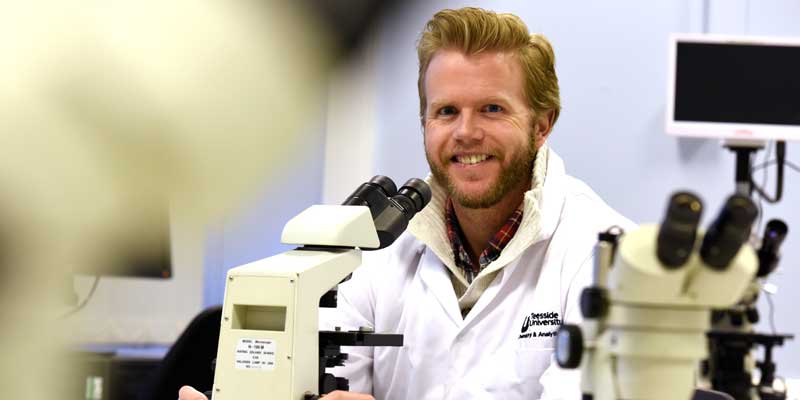
Career growth
The growing professionalism of the forensic expert is reflected in the assignment of the appropriate categories to him:
- The second category - more than 3 years of experience.
- The first category - more than 7 years of experience.
- The highest category is more than 10 years of experience.
Categories are assigned by a special qualification commission based on a specialist’s research work in which he describes his own skills and acquired knowledge. The career growth of the forensic expert is also facilitated by scientific activities - candidate and doctoral dissertations, publications in medical journals, speeches at conferences and professional congresses.
Pros of the profession
Let's see what the experts themselves value in their work:
- No contact with patients. Communication at the workplace is limited to colleagues, judicial and law enforcement agencies. There are no long lines, dissatisfied patients and other hassle, which characterizes the work of other doctors.
- Salary. Russian statistics show that the salary of a medical examiner is significantly higher than the average salary of a doctor in clinics and hospitals.
- Half-holiday. The maximum employment of a forensic medical expert per day is only 6 hours.
- Incentive to professional self-improvement. In order to advance on the career ladder and increase remuneration for work, a forensic expert constantly needs to replenish the piggy bank of his knowledge. This is useful not only materially, but also spiritually, rationally.
- Interesting job. Each case is a mystery that a specialist needs to solve. The constant supply of food for the brain, the training of logical thinking.
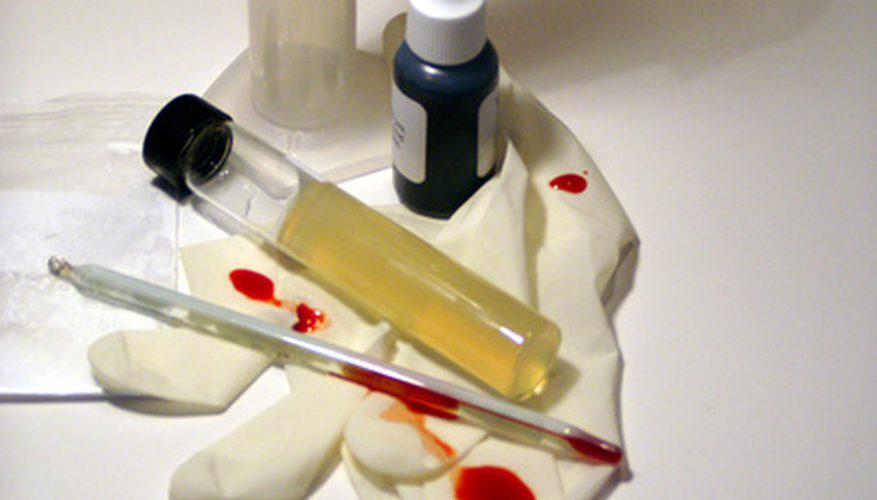
Cons of the profession
Now let's see what are the disadvantages of such employment:
- Work with corpses. There is a high risk of contracting serious infections - HIV, tuberculosis, etc. In addition, the medical examiner is constantly working with formalin, which causes allergies, bronchial asthma.
- Hard physical labor. As a rule, the forensic expert himself has to move the bodies of the dead. The specialist spends most of the working day at the computer — a large amount of paper reports is required.
- The psychological burden. It should be understood that you have to work with the bodies of victims who died a violent death - disfigured, with terrifying wounds. Not only adults, but also young children. Therefore, only a strong and stable psyche can work here.
- Delays at work. A shorter working day is introduced for a forensic expert for a reason. Work with dead bodies negatively affects health. However, in reality, the specialist spends more than 6 hours at the workplace: he needs to draw up reports, speak in court, and so on.
- The attitude of others. We understand that a forensic expert is a difficult, but interesting and useful work for society. However, there are still people who believe that "delving into the corpses" is an ignoble occupation.
Specialist remuneration
Today, with confidence we can talk about the relevance of this profession. In addition, the demand for qualified professionals is increasing every year. And what about the salary of the profession of medical examiner? The remuneration for labor depends on a number of factors: education, the amount of practical knowledge and skills, position held, academic degree.
Nevertheless, specific figures for Russia can be cited as an example:
- The initial stage of the career ladder is 25-30 thousand rubles.
- "Average" specialists - 40 thousand rubles.
- Experienced laboratory workers with academic degrees are 60-70 thousand rubles.
- Forensic experts holding executive positions - 80-100 thousand rubles.
It should also be noted that forensic experts working in the Ministry of Internal Affairs system have the right to substantial benefits, as well as an increase in wages depending on their rank.
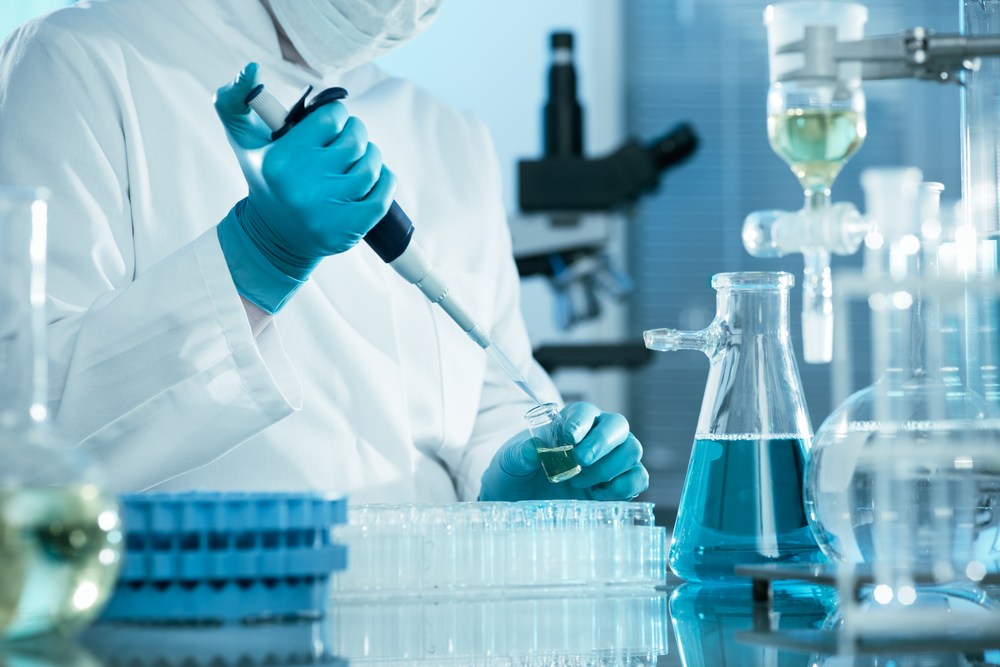
That’s how we disassembled the profession of medical examiner from all sides. You know both the features of training specialists and the nuances of their work.
